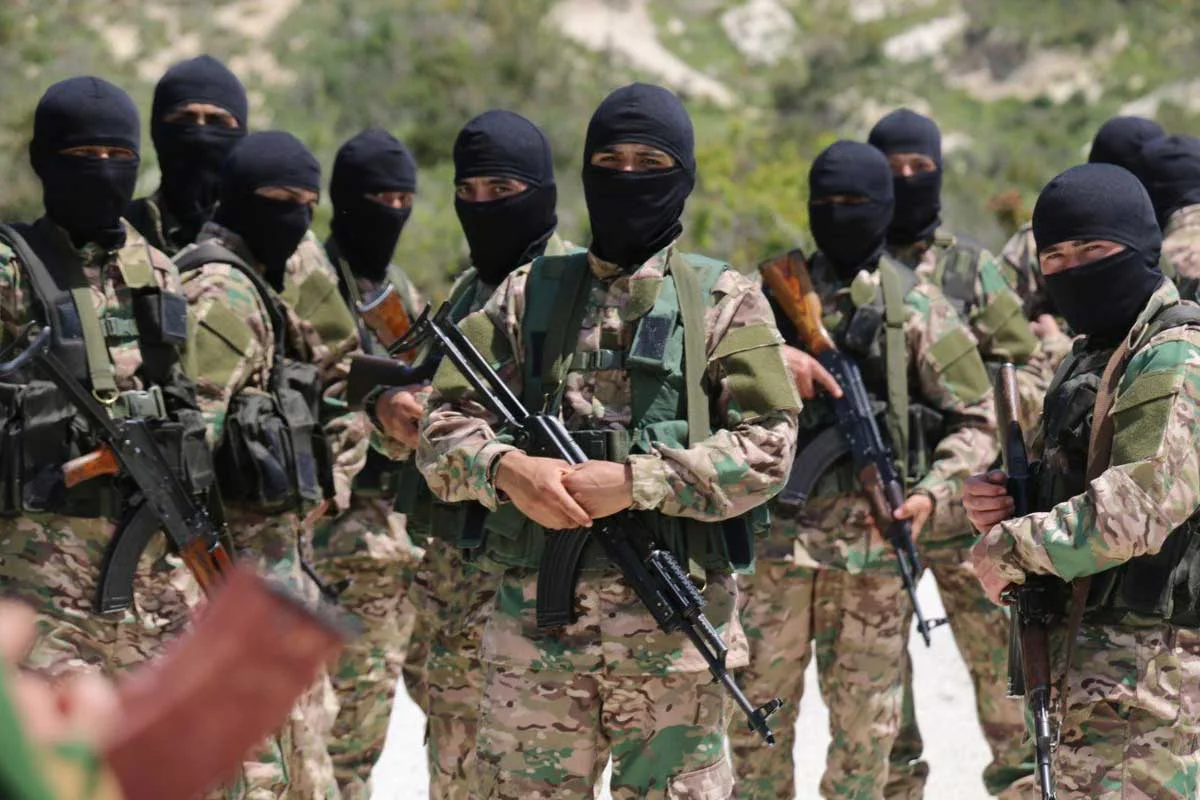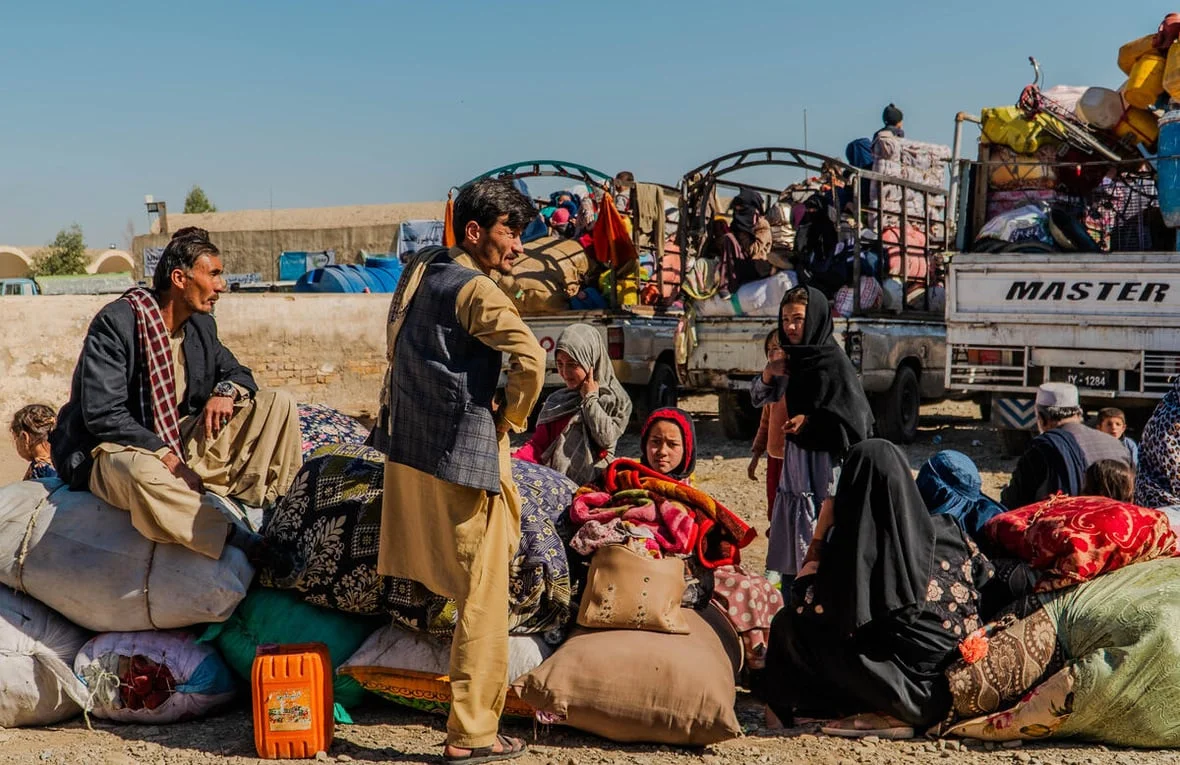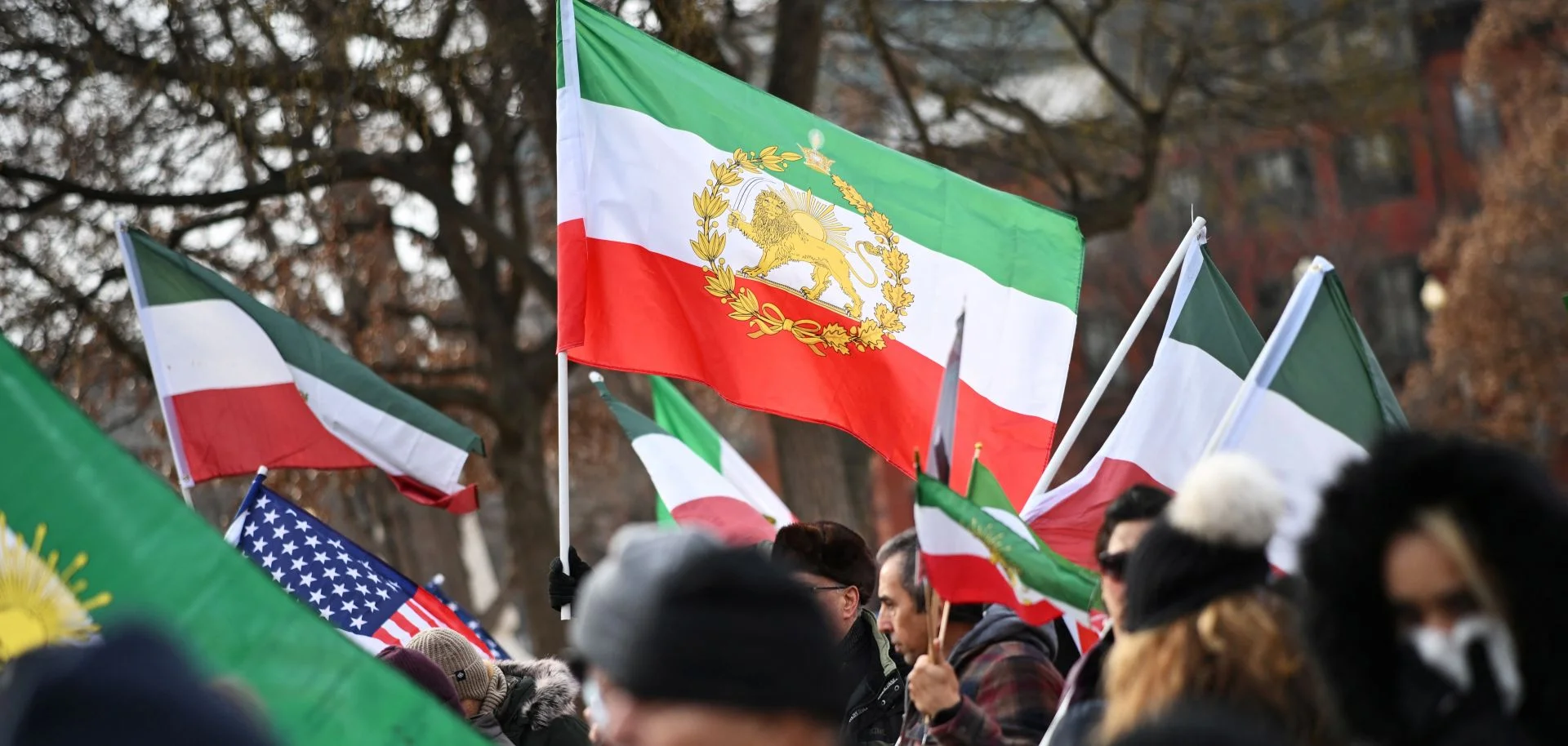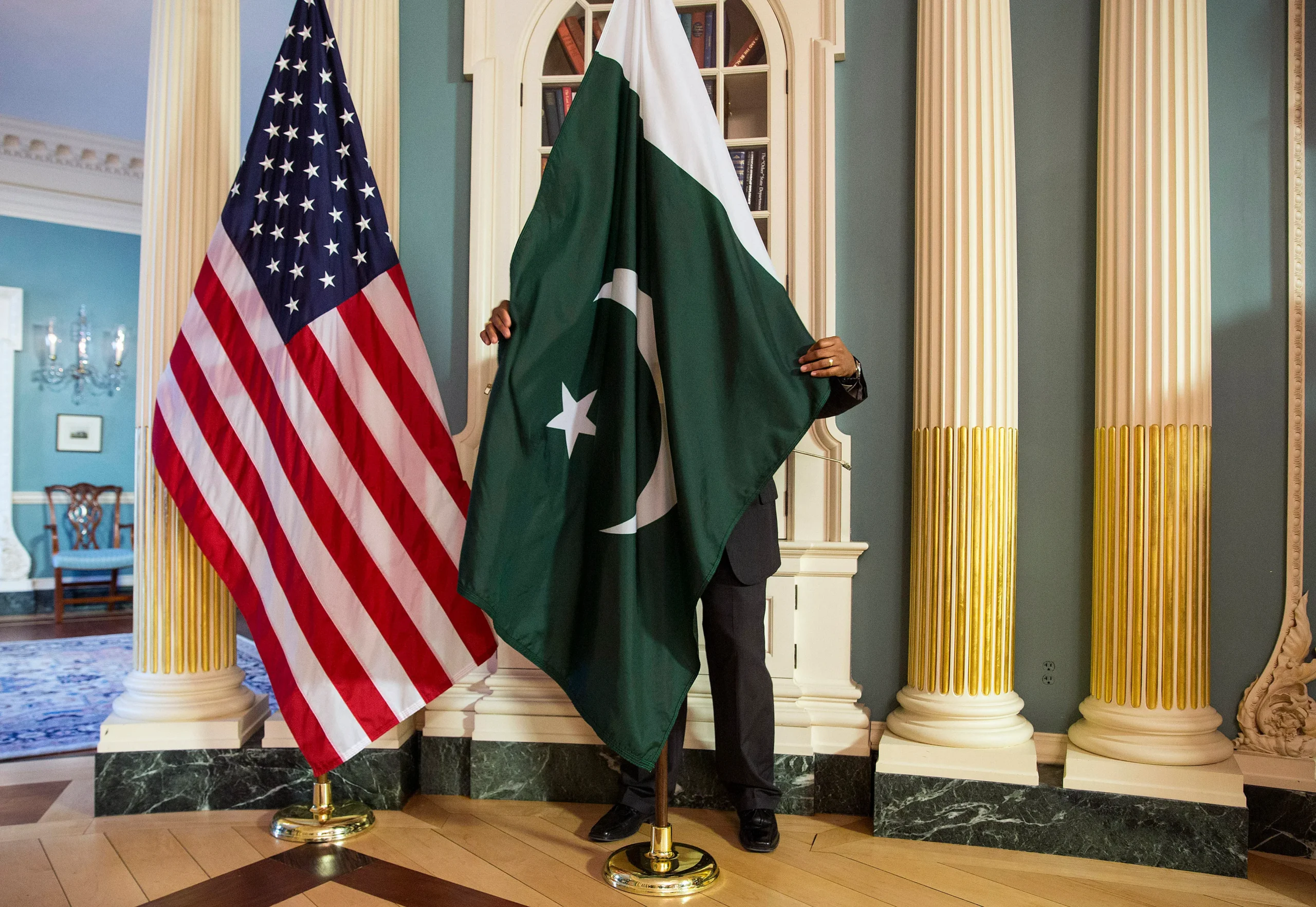An Indian woman, Hamida Banu, who says she was trafficked to Pakistan more than two decades ago has finally returned home – 18 months after her grandson spotted her in a YouTube video.
Banu said she had spent the last 22 years “as a living corpse”, trapped in the neighbouring country and unable to contact her family.
Ms Banu was tricked into going to Pakistan after accepting what was supposed to be a job in Dubai back in 2002.
Both India and Pakistan – which share a frosty bilateral relationship – conducted extensive checks on her identity before her Indian nationality was confirmed in October.
“I was deceitfully taken to Pakistan by promising Dubai. I tolerated [the separation] for 23 years,” the 75-year-old told journalists after crossing into India at a land border.
Back in 2002, Ms Banu financially supported her four children after her husband’s death by working as a cook in Qatar, Dubai and Saudi Arabia.
She was approached by a recruitment agent who said she could help arrange a job in Dubai. The agent asked her to pay 20,000 rupees ($250; £200).
But, as Ms Banu recalled in her 2022 video interview, instead of Dubai, she was brought to Hyderabad city in Pakistan and was detained in a house for three months.
She later married a street vendor in Karachi, who died during the Covid-19 pandemic. She told BBC Punjabi that her husband never troubled her.
Also See: Pakistan-India Ties: Understanding Regional Discord
Her story made headlines in July 2022 after Indian journalist Khalfan Shaikh happened to watch the YouTube interview conducted by Pakistani social media activist Waliullah Maroof and shared it on his platform.
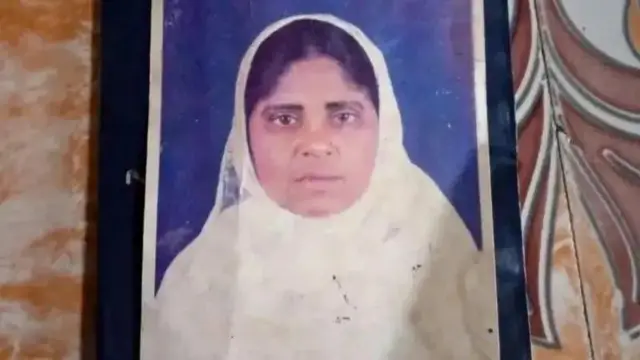
It reached Ms Banu’s family in India when her grandson – who she had never met – saw it.
Mr Shaikh and Mr Maroof then arranged a call between Ms Banu and her Indian family.
“How are you? Did you recognise me? Where were you all these years?” Ms Banu’s daughter Yasmin was seen asking in the video call.
“Don’t ask me where I was, and how I have been. I missed you all so much. I didn’t stay here willingly, I had no other choice,” Ms Banu replied.
After she reached India on Monday, Ms Banu recalled the 2022 video that helped her connect with her family after years.
“My video was shared two years ago. I was not sure if I would reach India,” she said. “But the Indian embassy called me one year ago, saying you can go back.”
Speaking to BBC Punjabi, Ms Banu said she was happy to be back with her children and siblings. “I have brothers, sisters, children there [in India], but I don’t want to be a burden on anyone.”
This news is sourced from BBC and is intended for informational purposes only.

![Hamida Banu, missing for 22 years, was found in Pakistan and reunited with her family after a YouTube video discovery. [Image via BBC]](https://southasiatimes.org/wp-content/uploads/2024/12/69fe7c60-bd25-11ef-bf47-953e7325b283.jpg.webp)
